
Creative Ways to Cope with Cognitive Decline
After receiving an Alzheimer’s diagnosis, former university chancellor Rebecca Chopp picked up painting, while acclaimed flutist Eugenia Zukerman continued to play music and picked up

We love to keep you in the loop on what is going on Alzheimer’s disease research and our latest studies. Here are the latest e-newsletters that have been sent to our readers and patients. If you are interested in our newsletter, please fill out the form below to get them directly to your inbox.

After receiving an Alzheimer’s diagnosis, former university chancellor Rebecca Chopp picked up painting, while acclaimed flutist Eugenia Zukerman continued to play music and picked up

Written by Being Patient Detecting Alzheimer’s early is crucial because it allows people to get new treatments, participate in clinical trials, and make positive lifestyle

Written by Being Patient When people take on the role of caregiving for a loved one with dementia, they may feel unsure how to cope

Written by Being Patient As people age, they tend to become more vulnerable to infections like influenza. Research shows that getting one’s flu shot can

Written by Being Patient Every year, more than 900,000 Americans are diagnosed with Alzheimer’s. Yet, research shows that as many as 40 percent of dementia

Written by Being Patient What do you do when your loved one with dementia says things that aren’t true? Many people have good intentions when
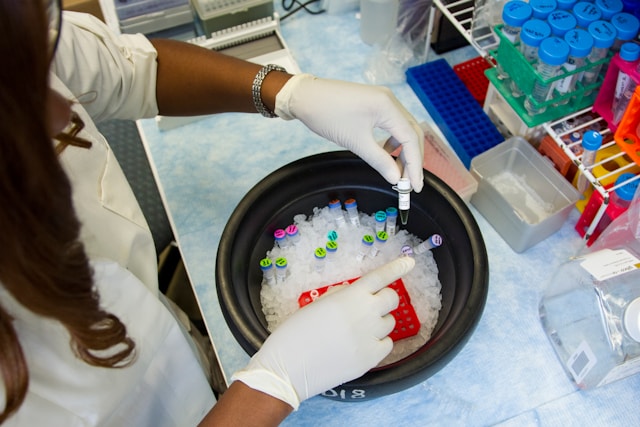
Written by Being Patient The FDA approved Eli Lilly’s disease-modifying drug Kisunla (generic name donanemab) on July 2nd, a few weeks after the drug was

Written by Being Patient About one in four Americans over 40 take drugs called statins, which lower levels of cholesterol, to help prevent cardiovascular disease.

Written by Being Patient Experts estimate that, by 2030, more than 8 million Americans will be living with Alzheimer’s disease or another form of dementia.

Written by Being Patient There are a few new drugs out there that can actually slow down Alzheimer’s disease. But, by the time around half

Written by Being Patient Just because your loved one has dementia doesn’t mean you have to stop taking trips or vacations together. While it may
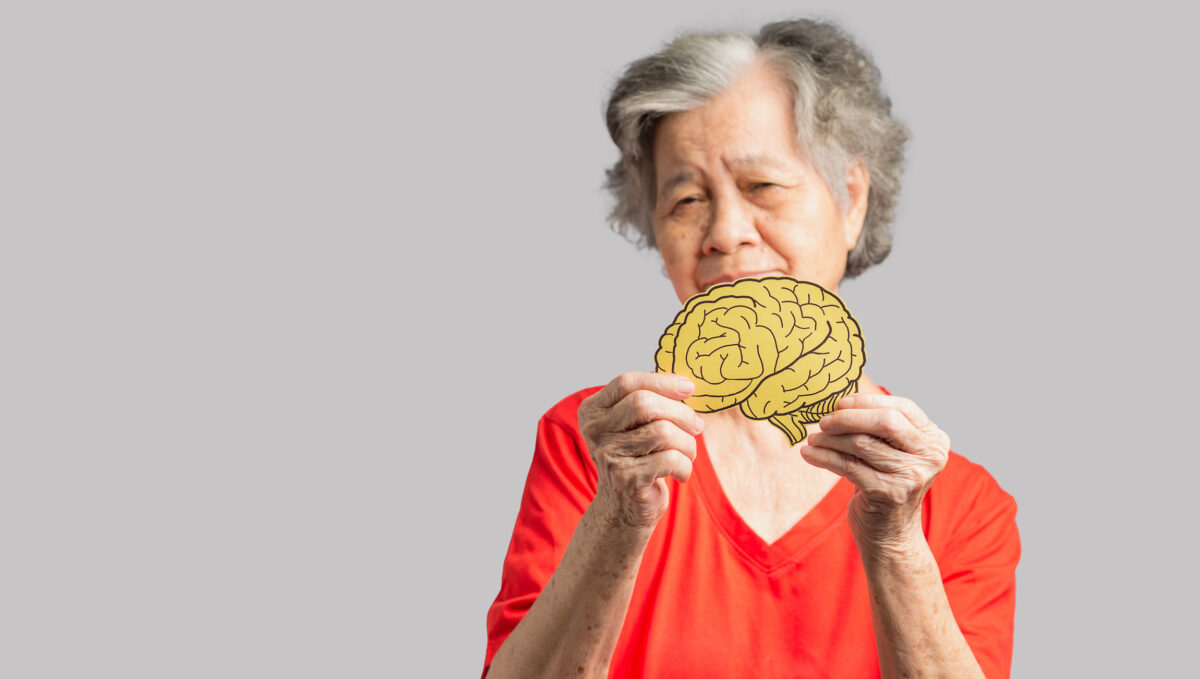
Written by Being Patient As people age, changes to their blood vessels caused by high blood pressure, cholesterol, or other cardiovascular risk factors, damages the
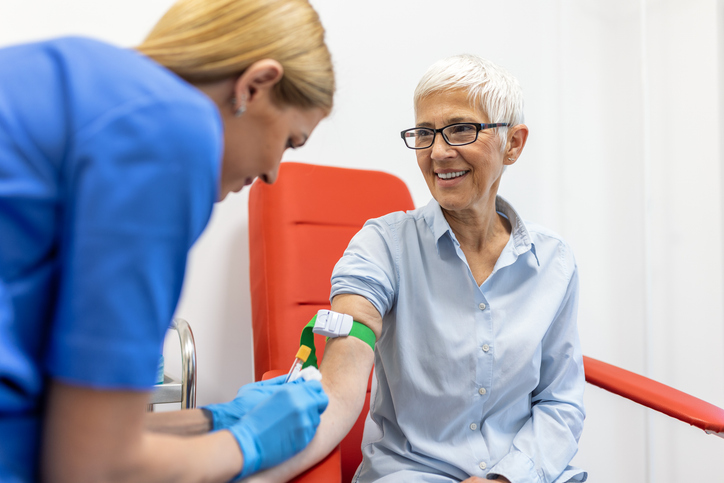
Syndicated by Being Patient The internet is abuzz with claims that blood tests could predict dementia 15 years out or even spot Alzheimer’s before symptoms
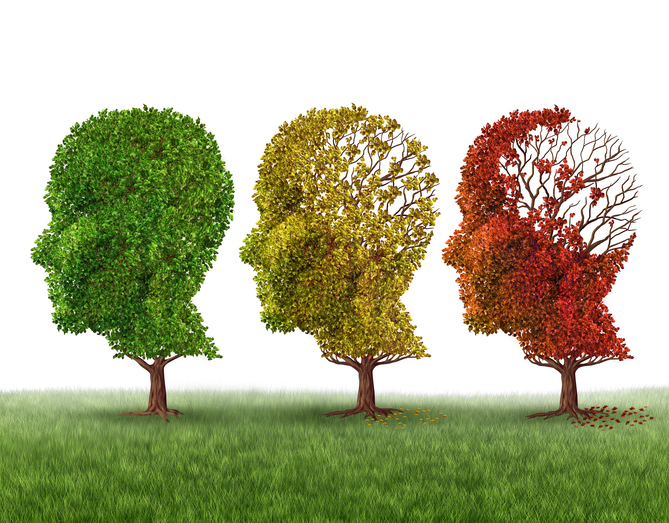
While many people use Alzheimer’s and dementia interchangeably, these don’t mean the same thing. So what exactly is the difference? Dementia is a set of
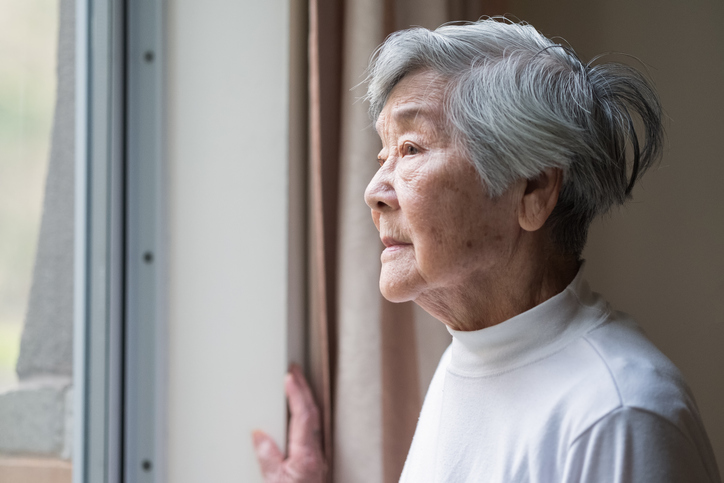
Feeling fuzzy lately — fuzzier than usual? Nearly one in five Americans over the age of 60 experience subtle downturns in memory, thinking, and cognition. Doctors

Many people believe that cognitive decline is an inevitability as we get older — or that dementia is just a normal part of aging. But

Every year, 10 million people worldwide are diagnosed with some form of dementia. Some people can live fulfilling lives for decades after a diagnosis, managing

Alzheimer’s researchers make the case that infections as common as gingivitis could be the disease’s root cause. In the brains of people with Alzheimer’s disease,

Exercise helps build muscle and keep the body healthy. Do games and puzzles have a similar effect on the brain? Surprisingly, experts say, some actually

Age is the biggest risk factor for Alzheimer’s. Approximately 10 percent of people over the age of 65 develop the disease. And for most of
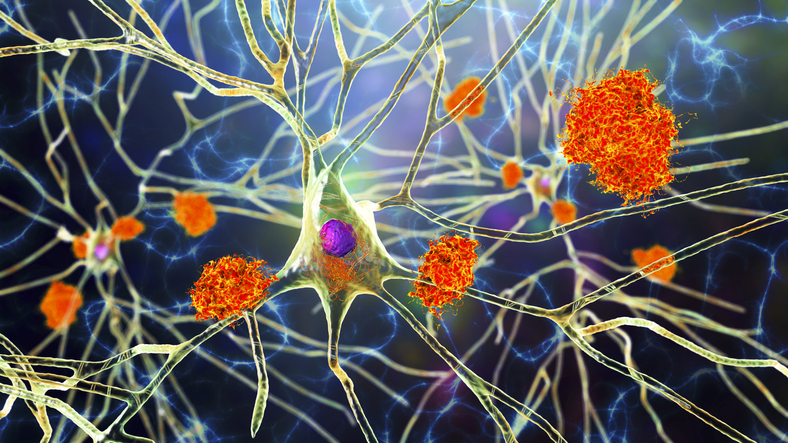
Scientists have linked the progression of Alzheimer’s to the buildup of specific proteins in the brain. One of the best-known of these Alzheimer’s biomarker proteins

Is there any surefire way to prevent Alzheimer’s diease? Data published in The Lancet found that as many as 40 percent of dementia cases are

The stigma surrounding dementia has decreased in recent years, but there are still a lot of myths and misinformation making the rounds online. Dementia is

People diagnosed with cancer are less likely to develop dementia. This strange relationship between these two diseases may help reveal a dementia treatment. Dementia is
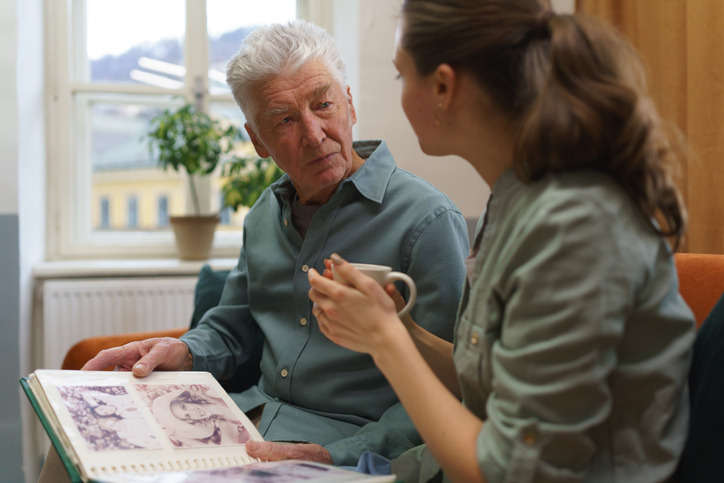
Symptom management in Alzheimer’s helps people remain independent for longer. Alzheimer’s disease is a progressive neurodegenerative condition affecting more than one in every nine Americans
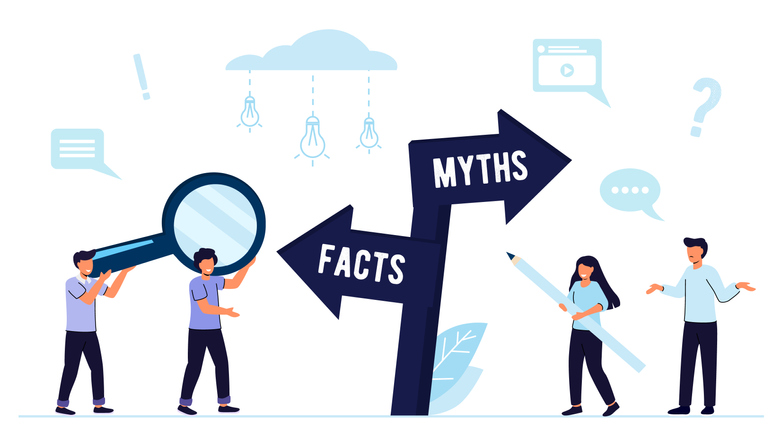
Dementia is a complex condition with no singular cause — it doesn’t stem from one single lifestyle decision, and it isn’t an inevitable symptom of

Your phone rings out of the blue. It’s an unknown number. Picking up, you hear a gruff, aggressive voice on the other end. They tell

More than 60 percent of people with dementia are also diagnosed with depression. There’s a lot of overlap in the symptoms between these two conditions,

More than one in four adults over the age of 65 develops diabetes. This condition damages the pancreas, making it hard for the body to

Frequent falls may be a sign of something more serious. Cognitive testing could help rule out brain health problems. As people age, they may begin

Experts share why everyone might have different sleeping needs, along with guidance on overcoming insomnia. Do you know if you’re getting enough sleep? Scientists have

Research has established that women are twice as likely to develop Alzheimer’s. But, despite study after study into this sex-based disparity, scientists are still working

“A lot of the new thinking is, if it’s good for your heart, it’s good for your brain,” says Dr. Gregory Jicha, a neurology professor

Helping the Helpers: How Caregivers and Care Partners Can Stay Healthy and Avoid Burnout When a person is diagnosed with dementia, family members are often
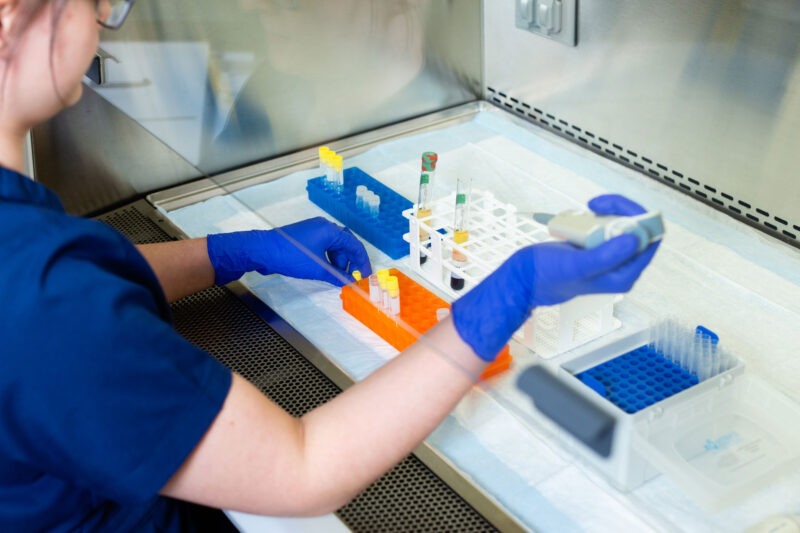
Despite decades of study, the underlying cause of Alzheimer’s continues to evade scientists. Until recently, the only drugs available to patients targeted the symptoms of the disease,

The Memory Advocate Peers program supports couples newly diagnosed with dementia. What should you do when your loved one is newly diagnosed with Alzheimer’s? A

Alzheimer’s anti-amyloid drug Leqembi (generic name lecanemab) was granted accelerated FDA approval last month. But, trials are still ongoing to verify the drug’s benefits to asymptomatic people
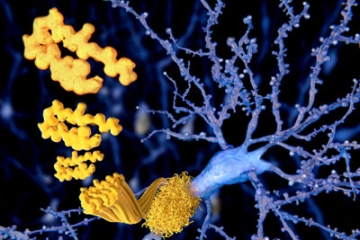
Amyloid plaques are a hallmark of Alzheimer’s disease. The interesting thing is, not everyone who develops these plaques gets Alzheimer’s. Answering this question could reveal

The brain’s power generators, mitochondria, could hold the key to Alzheimer’s disease. Understanding them better is also shedding light on the potential of diabetes drugs

K2 Medical Research is recruiting for a Phase 2 trial of Alector and Abbvie’s new experimental Alzheimer’s drug, AL002. K2 is screening possible trial participants

Long-term care homes are looking for new ways to improve the lives of their residents. Using dogs and dog robots, scientists have found an unlikely

By: Simon Spichak With all the seemingly contradictory headlines, it is hard to tell whether coffee is good or bad for you. This article explores
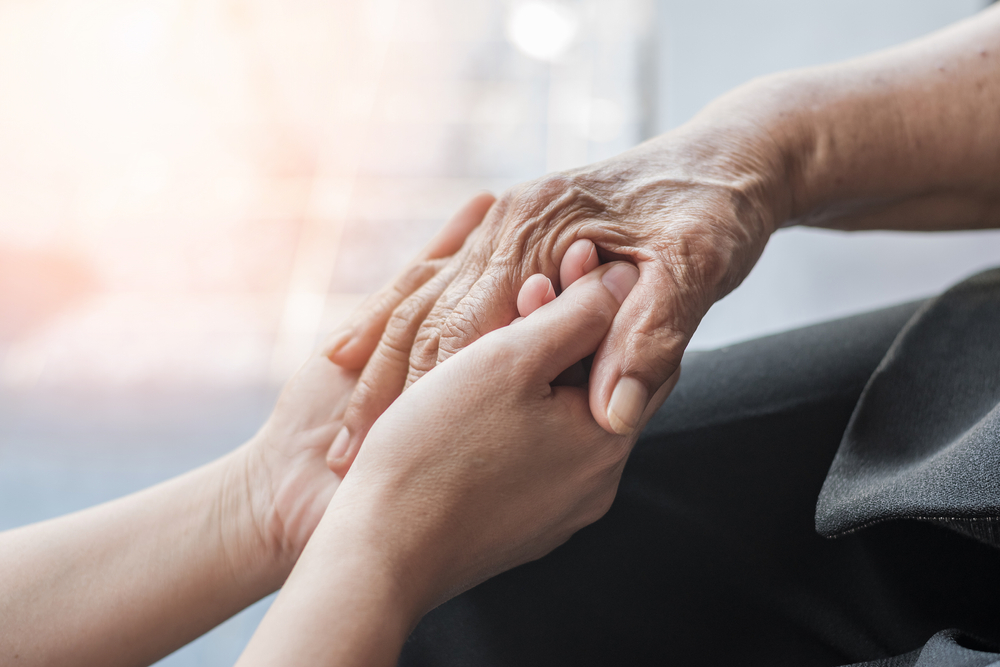
K2 Med is recruiting for a new Phase 3 trial for Eli Lilly’s new Alzheimer’s drug donanemab. By: Simon Spichak K2 is screening possible trial
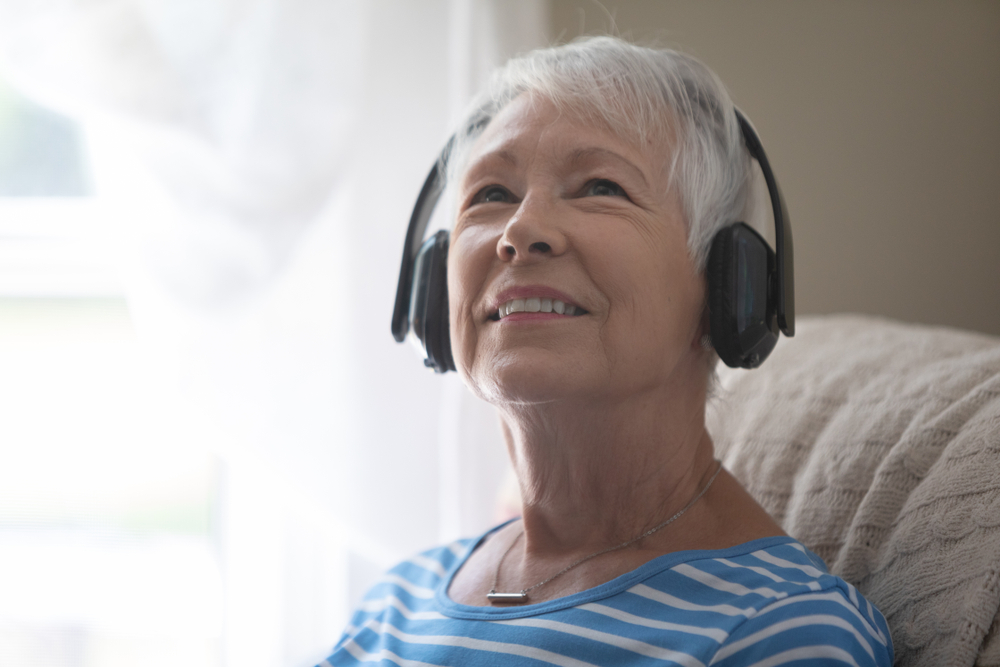
When it comes to music and the brain, there is a very special link. By: Simon Spichak When Tony Bennett’s family announced last February that

K2 is recruiting for a new Phase 3 trial for Alzheon’s new drug, which aims to be the first oral disease-modifying therapy for Alzheimer’s. Join
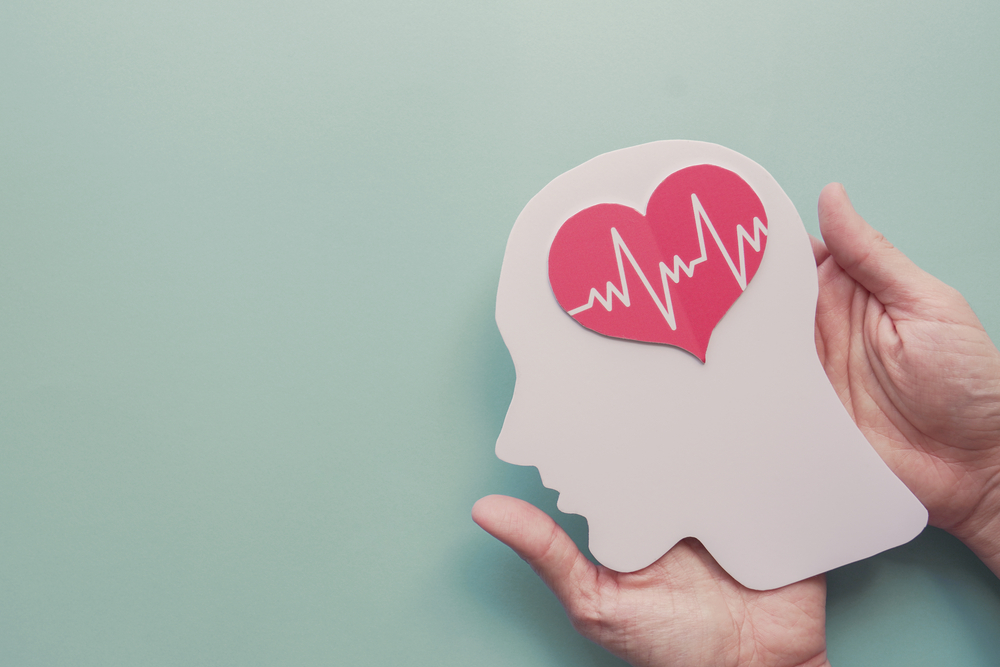
Alzheimer’s kills brain cells. Can we help the brain make new ones? By: Simon Spichak If you scrape your knee or break a bone, new
Please fill out the form below to receive our e-newsletter.

Tomorrow’s treatment today.
If you are interested in learning more or participating in any of our studies, please fill out the form below and our office will get back to you within 1-2 business days.
*By signing up you agree to be contacted about clinical research studies by our company, its affiliates or partners. Typical methods of contact include phone calls, text messages, pre-recorded messages, emails, automated technology or postal mail. This includes if the number is currently on any Do Not Call Lists. As we contact you, your electronic record will be updated accordingly with current relevant health information. This consent is not required to participate in a clinical research study.

Melissa Belardo, is a certified family nurse practitioner (FNP-BC), joins K2 Medical Research with more than a decade of clinical experience. She has served as an investigator in over 20 trials. Prior to clinical research, she held roles in gastroenterology, hepatology, and nurse education.
Melissa’s academic background includes a Bachelor of Science in Nursing from Adventist University, followed by a master’s degree in Family Nurse Practitioner from Georgetown University.
Melissa is a native of the US Virgin Islands’ and is fluent in both English and Spanish; Melissa has lived in central Florida for the past twenty years. When she’s not at work, you can find her volunteering at her local church and spending time with family.